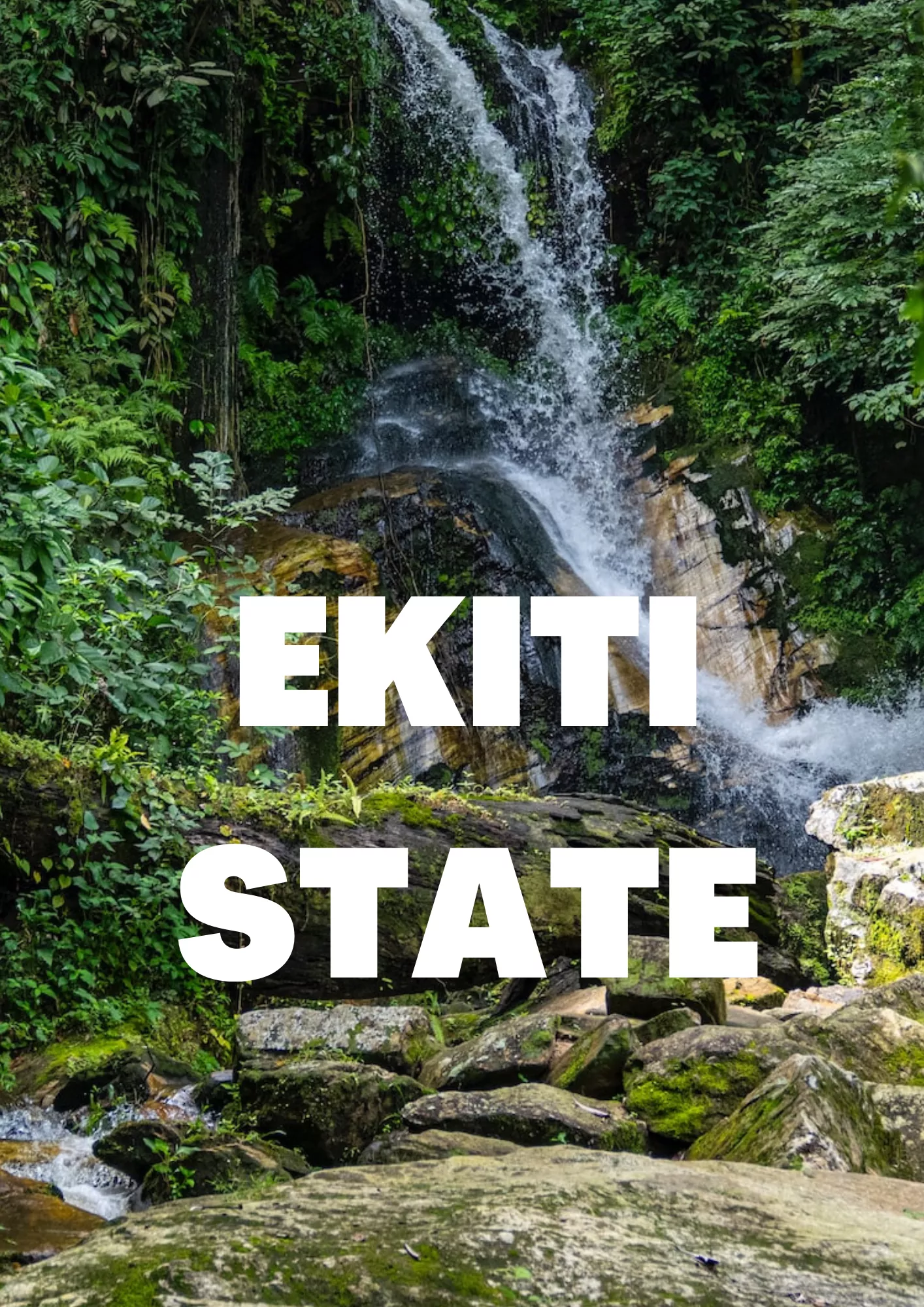Ekiti State is the second Nigerian state after Lagos to set up its sub-sovereign wealth fund. The essence of the Ekiti State Wealth Fund is to amongst other things build a savings base for residents and indigenes of Ekiti State, provide for investments in modern technologies and innovations, provide stabilization support to the State Government in times of economic stress and for me most importantly, acting as a catalyst for private investments.
At the Center, we have always maintained that Government is a catalyst for economic development. If a government is busy implementing strategies for economic growth, it will never be able to meet the needs of its citizens. So it is with great delight that we find the Ekiti State government publicly acknowledging this and positioning itself to act as a catalyst for the growth and development of the State.
One of the features of the Ekiti State Wealth Fund is the Infrastructure and Investment Facilitation Fund which intends to crowd in private sector capital to provide needed infrastructure and a minimum guarantee to encourage investments in the State. The Wealth Fund will be funded from 5% of statutory allocations, 10% of internally generated revenue, and 10% savings on any exceptional income that the State gets and already has a seed capital of N1 billion.
Ekiti State is not without its challenges; it is hugely dependent on FAAC allocations for its revenue. As of 2021, FAAC allocation accounted for about 70% of its revenue. Its internally generated revenue (IGR) amounted to N17.5 billion, representing a 100% year-on-year increase. It had a debt burden of about N106 billion in domestic debt and $ 120 million in foreign debt, exceeding its debt-to-revenue solvency ratio threshold.

With a GDP of N2.3trillion in 2021 and IGR per capita of N4,605, per capita spending on health and education of N1,870 and N4,603 respectively there’s little wonder that the government decided to take a bold and ambitious step in setting up its Wealth Fund. In its bid to boost the State’s IGR, the EKIRS has been made fully autonomous and digitized its tax collection. Selection of management and other players in the State’s internally generated revenue space is performance-based.

Source: Ekiti State Portal
Most people would admit that one of the most discouraging things about doing business in most Nigerian states today, is the incessant visits and sometimes harassment by ‘State Revenue Agents’. Multiple taxation and over-taxation have forced investors to either close down or move their investments to more accommodating environments. So it’s encouraging to see Ekiti State attempting to make this process as simple and convenient for businesses with their Central Billing System.
It is clear that Ekiti State is positioning itself to be run as a corporation. This is essential for the government at any level if it intends to experience rapid economic development. Having a corporation mentality in governance will allow for practicality and meritocracy to take precedence. Being realistic about the state of an economy, the resources readily available, and those that can be acquired as well as finding the right people who can manage it all will cause more production to occur.
At the Center, we are championing the cause of increased productivity in our communities, local government areas, states, nations, and Africa. We need to take all our theoretical and passed-down knowledge and add it to our acquired skills, innovate to suit our local peculiarities, and then produce goods and services that the people of the world want. It is on this basis that we commend the Ekiti State government and urge them to ensure that this positioning seeps down to the local government areas.

